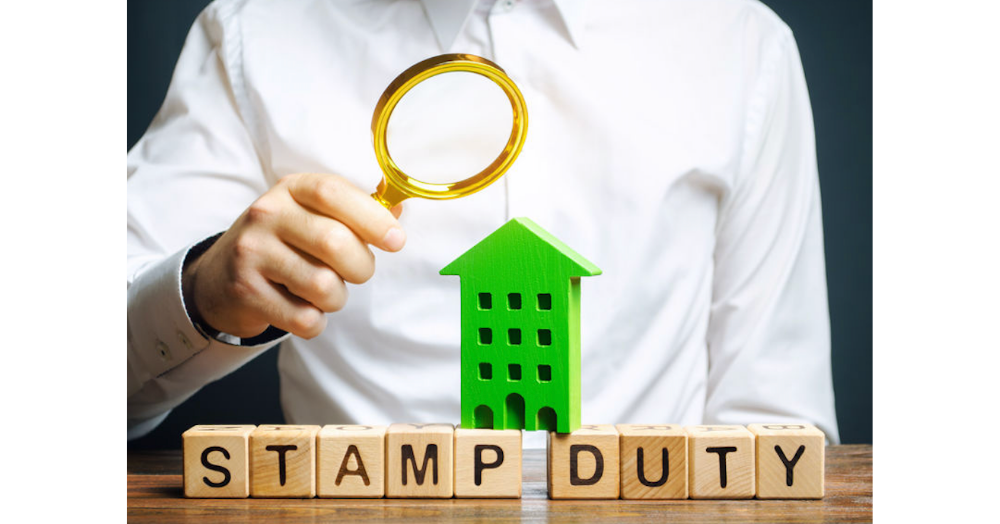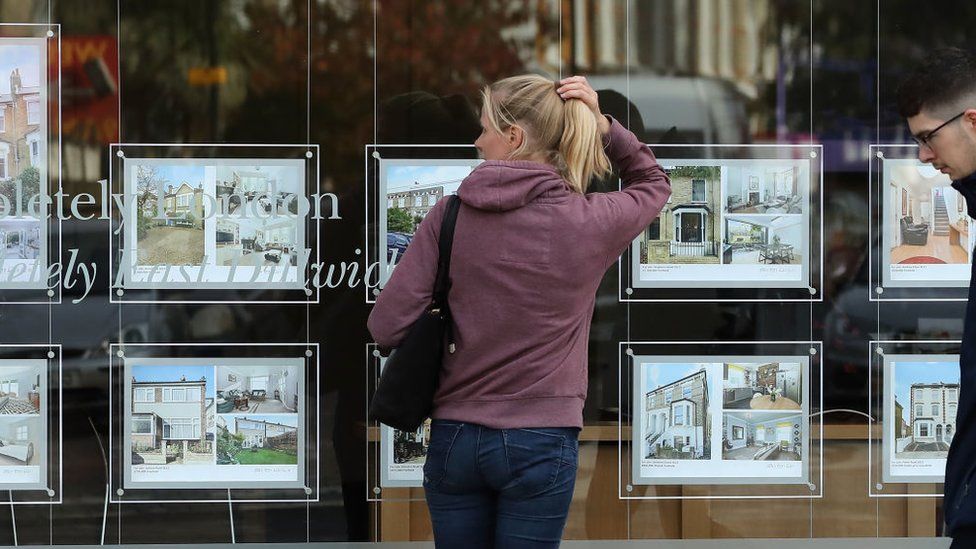The tax holiday on stamp duty rates which was introduced in July 2020, comes to an end in England and Northern Ireland at the end of this month. It means that home buyers will have to pay stamp duty on all purchases above £125,000.
What is stamp duty and how is it changing?
In 1 July 2020, the government announced a year-long cut to help buyers whose finances were affected by Covid.
Until June 2021, home buyers didn't have to pay stamp duty on the first £500,000 of a purchase price.
This meant a saving of up to £15,000.
The government later extended the tax holiday from 1 July until 30 September this year. During this period - which is now coming to an end - home buyers don't have to pay stamp duty on the first £250,000:
- £0-£250,000 = 0%
- £250,001-£925,000 = 5%
- £925,001-£1,500,000 = 10%
- £1,500,000+ = 12%
From 1 October 2021, rates will return to pre-Covid levels. That means the point you to start paying stamp duty will be £125,001:
- £0-£125,000 = 0%
- £125,001-£250,000 = 2%
- £250,001-£925,000 = 5%
- £925,001-£1,500,000 = 10%
- £1,500,001+ = 12%
IMAGE SOURCE,
GETTY IMAGES
Did the stamp duty holiday push up house prices?
The stamp duty holiday definitely stimulated the housing market.
Estate agents reported a surge of interest in March as buyers and sellers rushed to complete property deals before the scheme was initially due to end. The holiday was then extended until the end of June.
However, there are many other reasons why house prices have been surging.
"The final closure of the stamp duty scheme at the end of September may have no impact at all," says Nicky Stevenson, managing director at estate agents Fine and Country.
"Other factors are so much more important, namely the race for space, low supply, accidental savings and low interest rates."
What other help is there for first-time buyers?
The policy is designed to help more first-time buyers secure a home.
The new scheme will be available to anyone buying a home costing up to £600,000, unless it is a buy-to-let property, a second home or, in some cases, a new-build.
How much money does stamp duty raise?
The government's annual take from stamp duty is about £12bn, according to latest HM Revenue and Customs (HMRC) figures.
That's roughly equivalent to 2% of the tax the Treasury collects.

